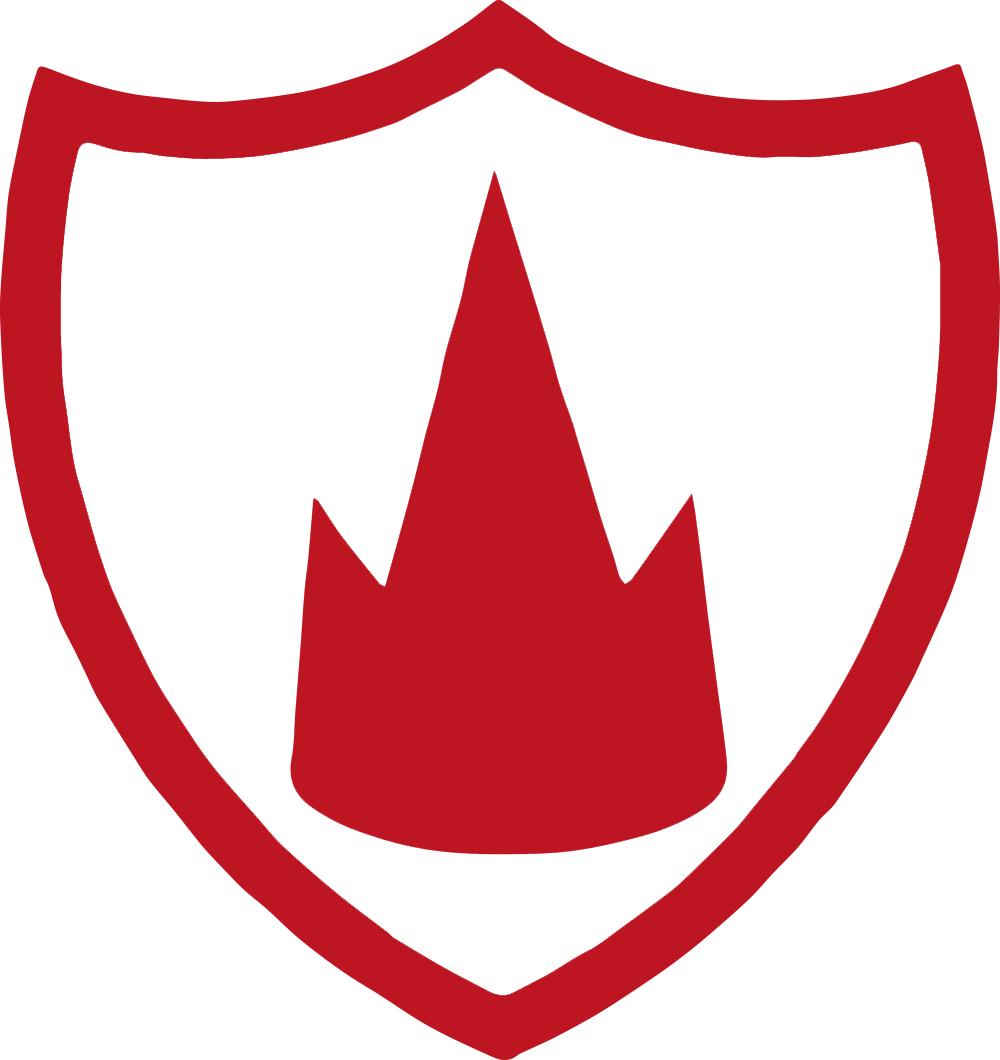History
Intent
Early Years Foundation Stage (EYFS)
By the end of the EYFS children will be able to know some similarities and differences between things in the past and now, drawing on their experiences and what has been read in class. This is particularly explored through the topics of ourselves where children explore their own timeline. Our topics of traditional tales and transport provide the opportunity for children to be able to understand the past through settings, characters and events encountered in books read in class and storytelling. Plus children can explore the past through role modelling play activities, and trips. These key skills are in line with the Early learning goals of past and present.
Key Stage 1 (KS1)
By the end of KS1 the children will understand and use common words and phrases relating to the passing of time. Pupils will be able to identify some ways they are able to find out about the past. Pupils will be able to identify changes and make comparisons within living memory through the topics of toys and household appliances. Pupils will have knowledge of significant individuals beyond living memory and the events they are known for, including Neil Armstrong, Valentina Tereshkova, Mae Jemison, Captain Scott, Matthew Henson, The Wright Brothers, The Montgolfier Brothers and Christopher Columbus.
Key Stage 2 (KS2)
By the end of KS2 the children will be able to demonstrate knowledge of The Victorian Period from a local history study, The Stone Age and Iron Age, The Romans, Ancient Sumer, Anglo Saxons, Ancient Greeks, WW2 and Benin. Through these topics they will be able to use a variety of sources, make comparisons, develop critical thinking, inspire their curiosity, ask historical questions and understand where they fit chronologically.
In addition, as they arise in the calendar, all the children will be given opportunities to explore wider historical events that are particularly relevant to them as members of our school community, such as memorials and anniversaries e.g. Remembrance Day at the War memorial and Black History month assemblies.
Implementation
We deliver our history curriculum through a topic based curriculum primarily. The curriculum delivered is based on the National Curriculum. Children at RCS from Year 1 to Year 6 have two half-terms where History is the Assessment Focus and where the main elements of the History Curriculum are taught. Some History teaching may occur in half-terms that do not have History as a focus, but links well to the overall topic being delivered. In the EYFS children learn through a topic based curriculum and aspects of history are woven through when applicable and in line with the early learning goals.
In Years 1-6, Teachers can choose to deliver history on a weekly basis for the duration of the half-term, or they can block it in bigger chunks.
The detail of where all the aspects of the history curriculum are taught, can be seen in the table below. Each year group also has a curriculum map and the aspects of the history curriculum designated to that year group have been allocated in the two half-terms where History will be a focus (in bold) and in other half-terms if there is a direct link to the overall topic being delivered.
Where possible teachers will use a variety of learning styles to ensure all children have access to the curriculum. Children will get opportunities to handle artefacts and visit places of historical interest to allow opportunities for first-hand learning. Teachers strive to meet the needs of all individual learners in their teaching of History. This may include, for example, the planning of explorative, artefact based history lessons that do not require pupils to record in writing, the use of mixed ability pairings or clear explanations/word mapping of more unusual historical terms.
(Please see our SEND/Equality Statement of Intent/ for more information on ways in which we seek to ensure that all pupils have opportunities to succeed across all curriculum areas).
A progression of skills for history is based upon four subheadings:
- Chronological understanding
- Range and depth of historical knowledge
- Interpretations of history
- Historical enquiry
These are outlined within the aspect of history for each year group in red, and form the basis of assessment.
Impact
In order to ensure the History Curriculum offered to the children at RCS is the best and that pupils achieve well, teachers’ plans will be monitored, history lessons will be observed, children’s books will be scrutinised and assessments will be collated. During School Council meetings, there will be opportunities for children to comment and make changes to the curriculum they are being offered. In turn, this will ensure the pupils at RCS are ready and confident to embark with more History learning at secondary school.
